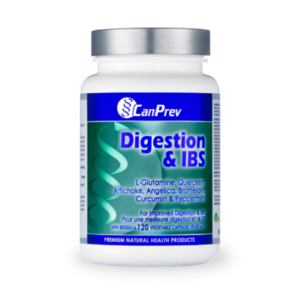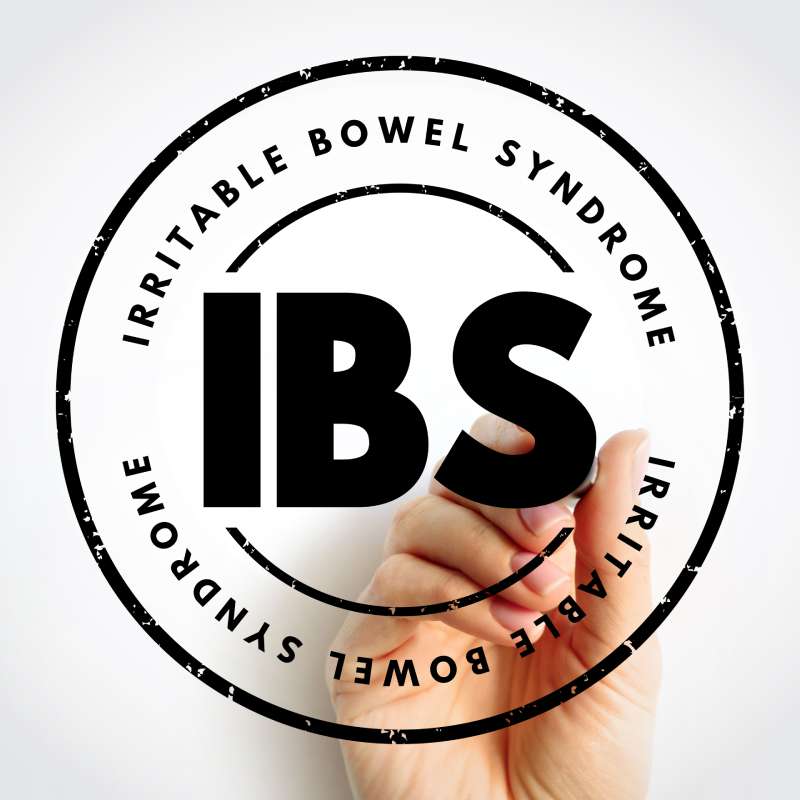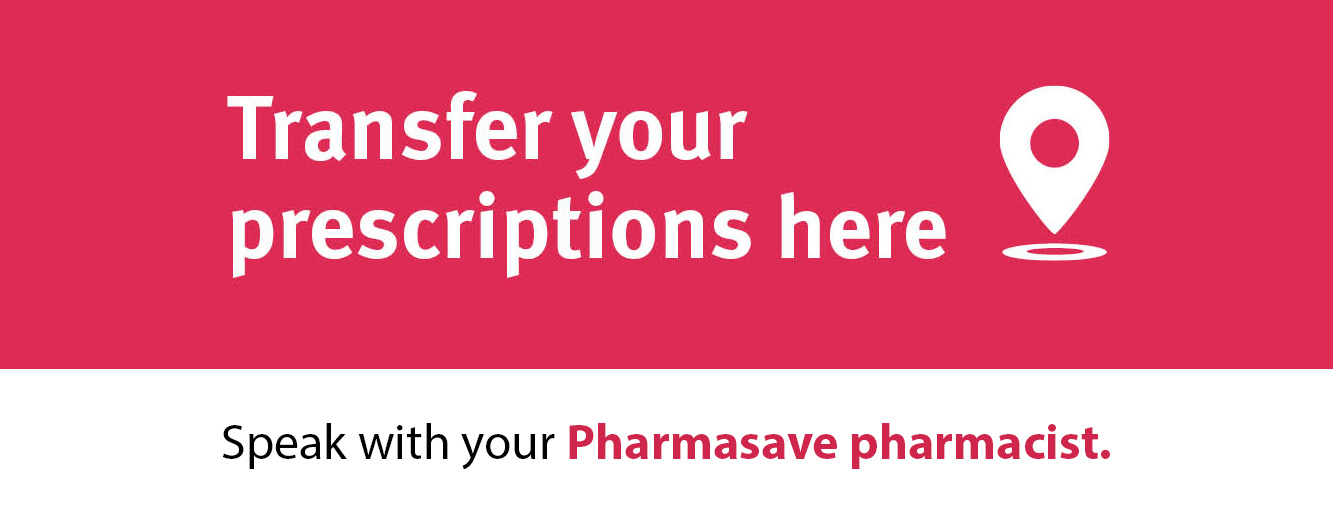With April being IBS Awareness Month, I thought I would bring awareness to a common GI disorder that could affect as many as 13-20% of Canadians at any given time. It is characterized by the ABCD’s of symptoms i.e. Abdominal pain, Bloating, Constipation and/or Diarrhea. Unfortunately, it is classified as a syndrome, which means the cause is unclear and is diagnosed only by symptoms after ruling out other causes like celiac disease, colitis, and Crohn’s. Despite its prevalence and impact, IBS remains a complex and poorly understood condition, presenting challenges for both patients and healthcare providers.
The exact cause of IBS is not fully understood, but it is believed to involve a complex interplay of factors, including abnormalities in the gut-brain axis, alterations in gut motility and sensitivity, and changes in the gut microbiota. Stress, dietary factors, hormonal fluctuations, and psychological factors can also influence the onset and severity of symptoms in susceptible individuals.
Several dietary approaches have shown promise in managing IBS symptoms, including the low FODMAP diet, which restricts certain types of carbohydrates that may exacerbate symptoms. FODMAPs are fermentable carbohydrates found in a variety of foods, including certain fruits, vegetables, grains, and dairy products. By reducing intake of high-FODMAP foods and gradually reintroducing them, individuals with IBS can identify their trigger foods and customize their diet accordingly. Other strategies include increasing fiber intake, staying hydrated, and avoiding common triggers such as caffeine, alcohol, gluten, dairy, and spicy foods.
For the cramping type of IBS, peppermint oil has been shown to have antispasmodic properties that can help relax the muscles of the digestive tract, reducing abdominal pain and bloating. Curcumin, bromelain, artichoke leaf extract, aloe vera, slippery elm, marshmallow root, mucin, N-acetyl-glucosamine, and L-glutamine may help soothe an inflamed intestinal lining. Digestion & IBS (by Canprev) and Aloe Herbal Stomach Formula (by Lily of the Desert) may help more immediately with symptoms whereas GI Matrix (by CytoMatrix) and GI Revive (by Designs For Health) may help over the long term with repair and prevention.
For the constipation type of IBS, GI Motility Matrix (by CytoMatrix) may help with smooth muscle action in the intestines to get things moving along especially if there is a stress component. GO-LAX Bowel Formula (by Healthology) can help soften harder stools.
Probiotics are another natural treatment option for IBS. Probiotics are beneficial bacteria that can help restore balance to the gut microbiota and alleviate symptoms. Several strains of probiotics, including Lactobacillus and Bifidobacterium species and Saccharomyces Boulardii, have been studied for their effectiveness in managing IBS symptoms. Effectiveness will vary depending on the individual so trying different strains may be needed. Probiotics that I recommend are IBS Urgency (by NewRoots), Flora-Matrix IBS (by CytoMatrix), and Pro-Biotik Bowel Transit (by CanPrev) specifically for the constipation type of IBS.
Lyle Sunada is a compounding pharmacist and NAMS Certified Menopause Practitioner specializing in hormone balancing and alternative medicine at Cloverdale Pharmasave. Everything mentioned in the article is available In-Store.





